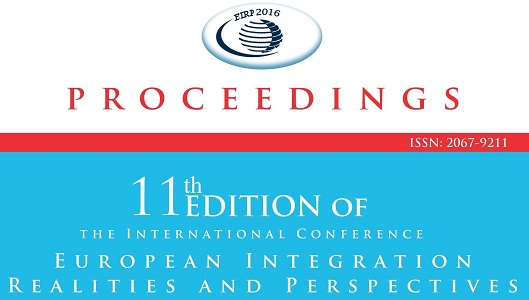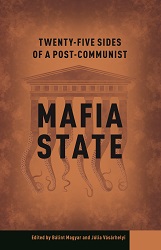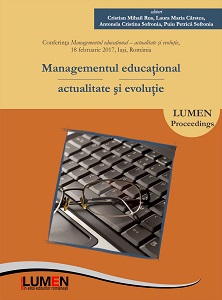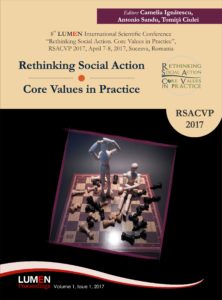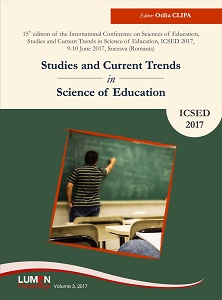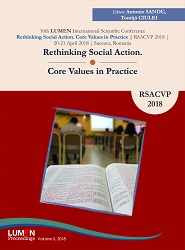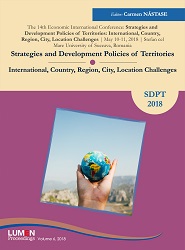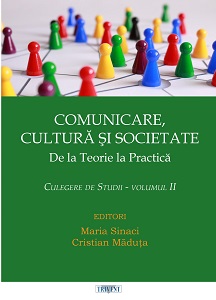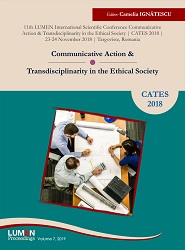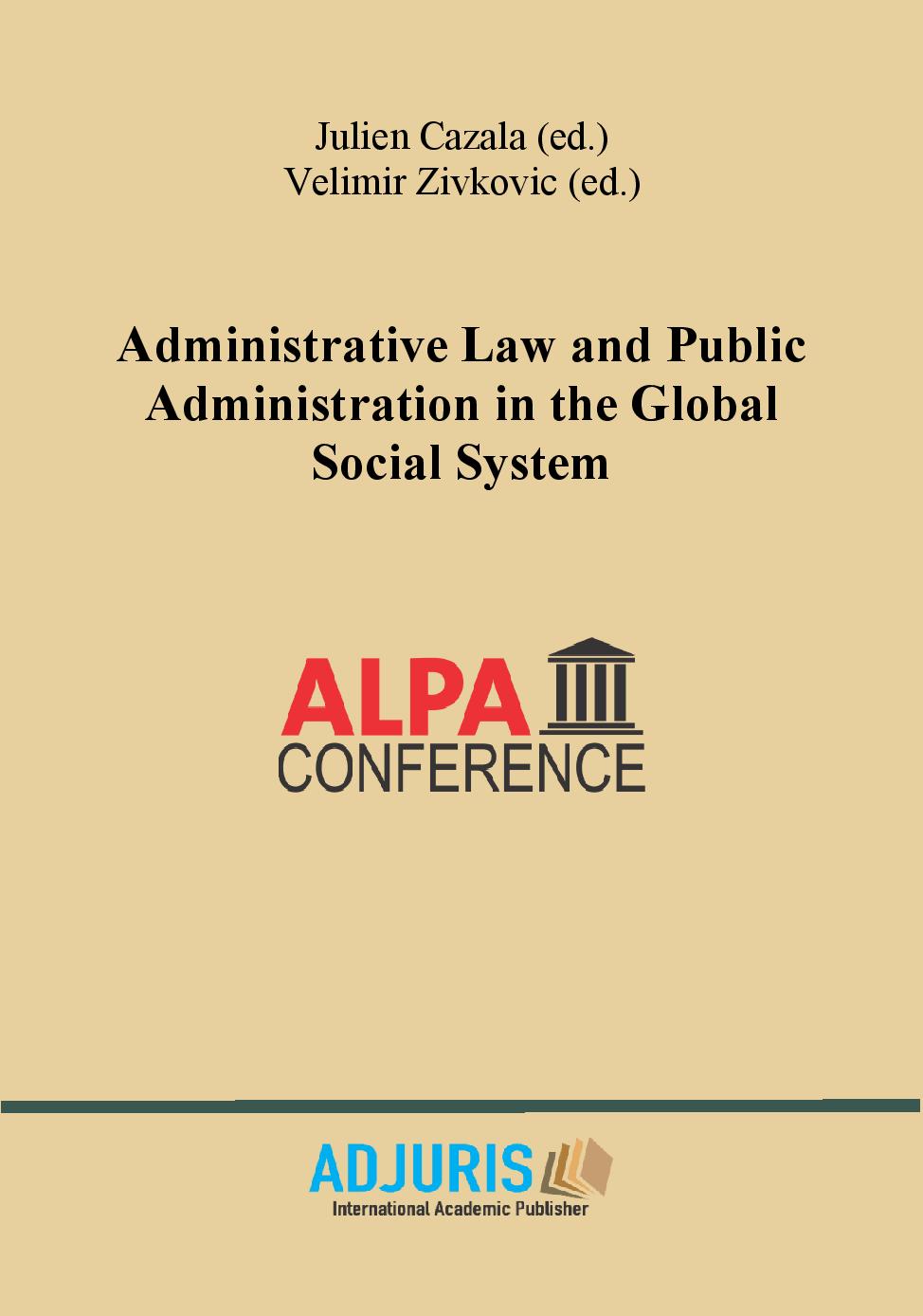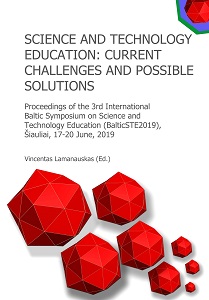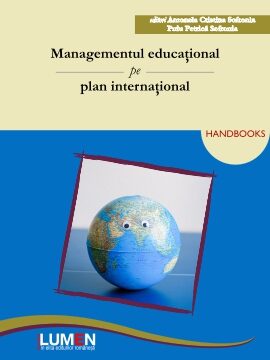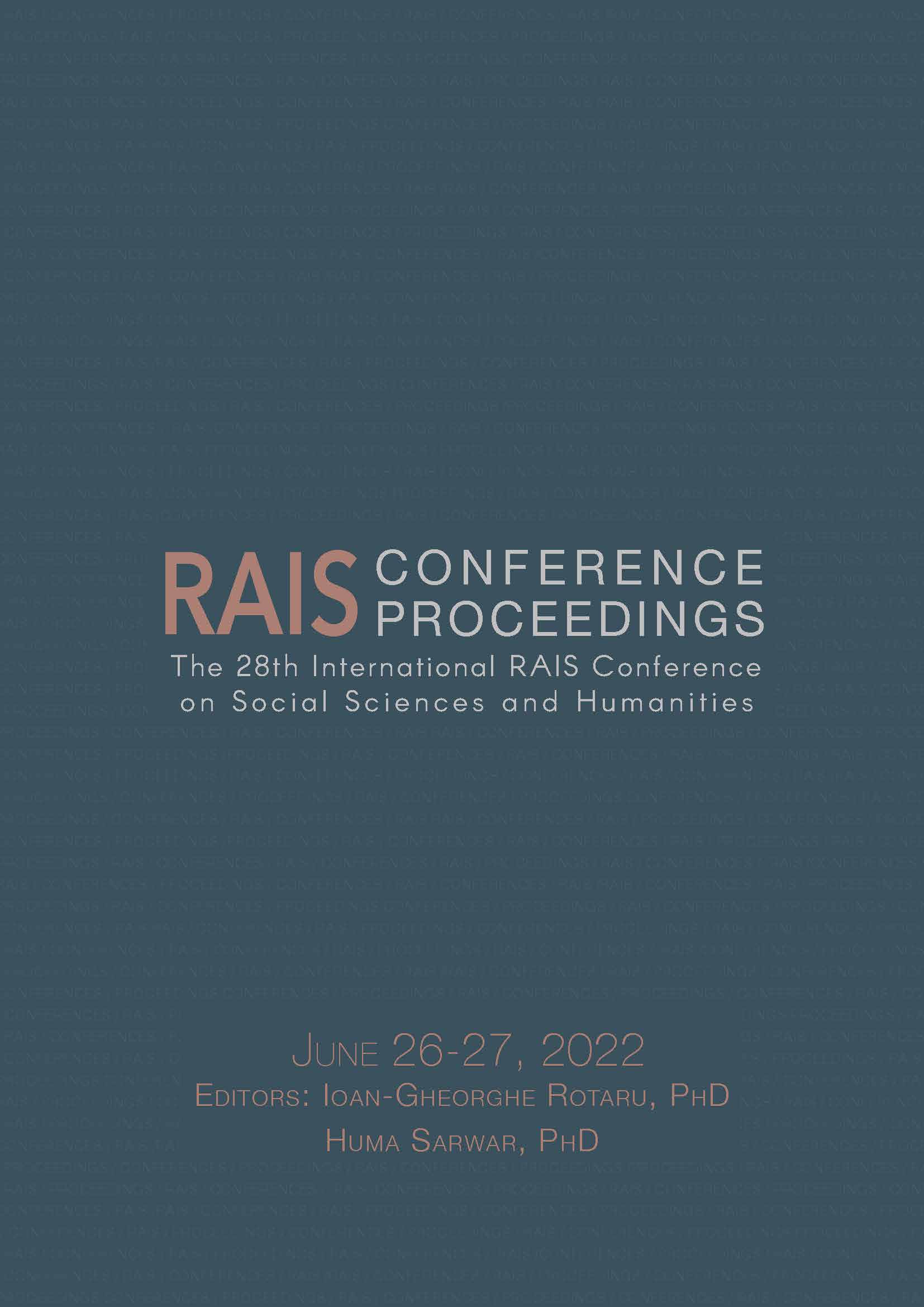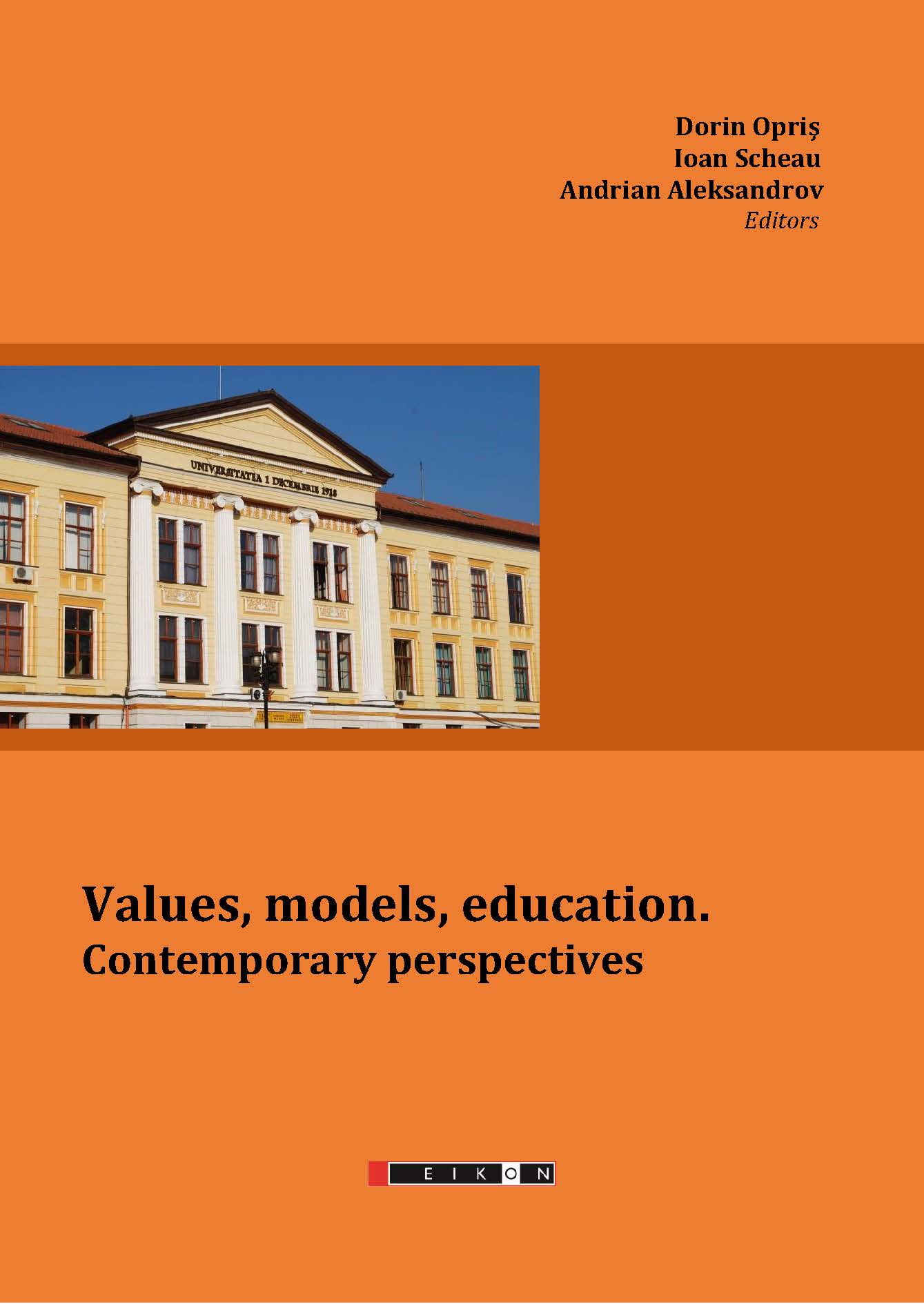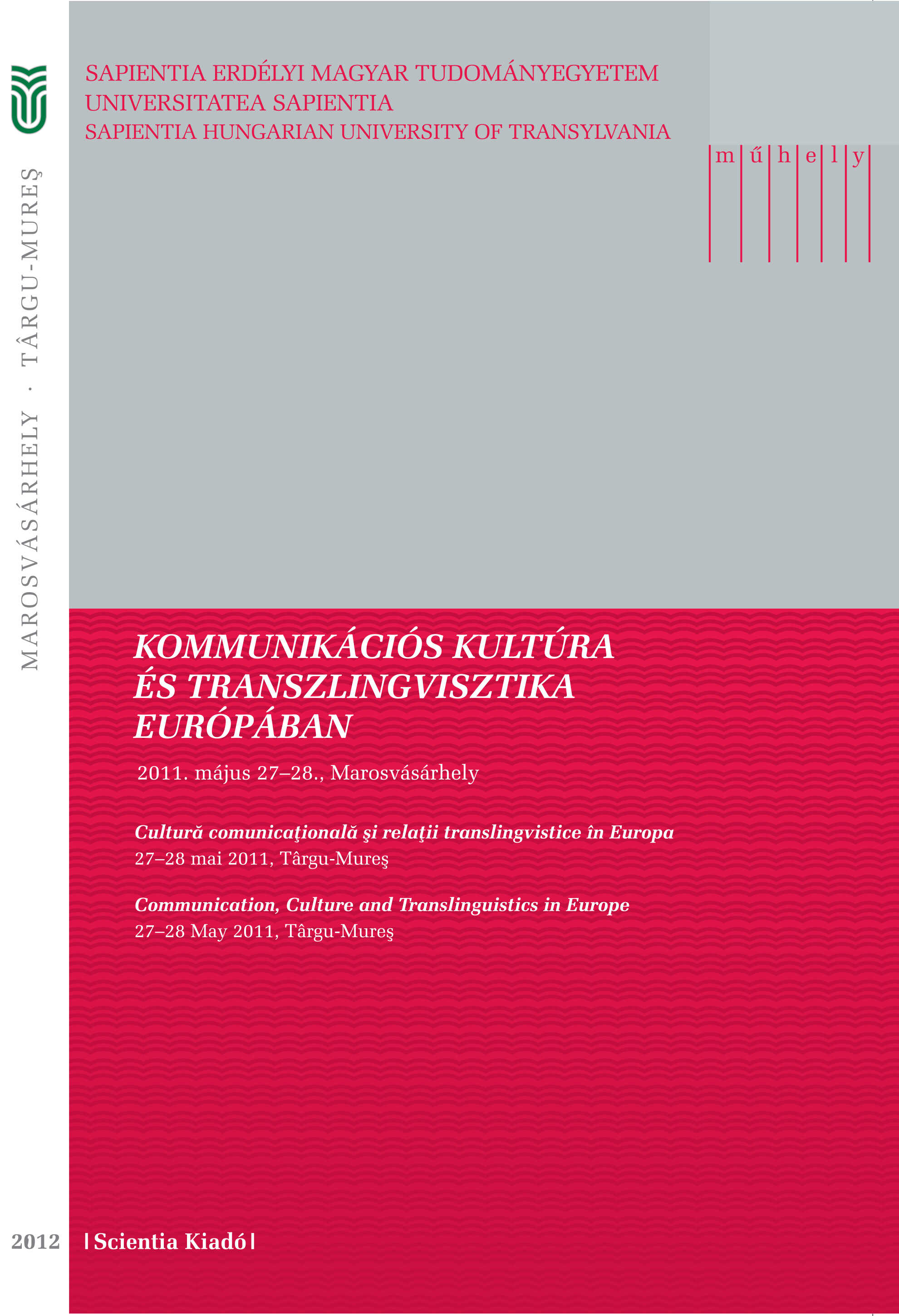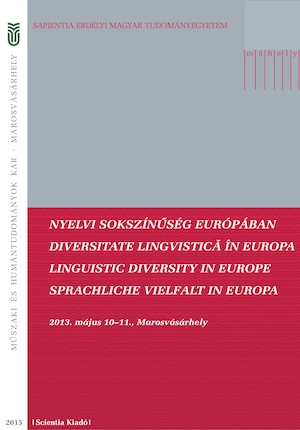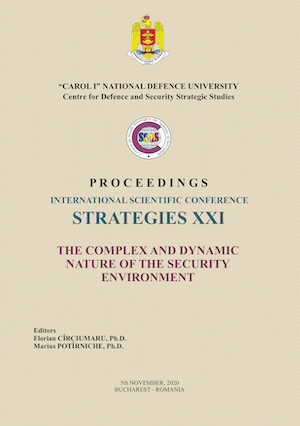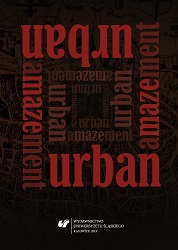
Street Lit and Subversion
Street Lit and Subversion
Keywords: cultural studies; textualism; alternative communities; subcultures
The aims of this article are twofold. First, it explores some key elements and themes of “street lit”—a movement in contemporary, predominantly African-American fiction that takes place within the urban underwold, describing gang and ghetto life. The commercial success of street lit leads me to reconsider some common approaches to the study of subcultures, underclass, and “alternative communities” within cultural studies. Specifically, I wish to address two major claims which often tend to go together in cultural studies. One of them, which I ascribe to Marcuse, Hebdige, Hall, and others, is the glorification of gangs, subcultures or the underclass as possessing a revolutionary political potential that can challenge the capitalist economical system and lead to social change. The other tendency is what I see as excessive textualisation of the phenomena studied within cultural studies, which results in understanding them either as reinforcing or subverting established cultural codes. I argue that to understand the aforementioned groups as either reinforcing or subverting the dominant economical system is to make a fallacy of excessive textualisation, and that their activities can never fall easily into either category. In the end, the combination of both approaches makes the study of alternative communities and their potential severely flawed.
More...
